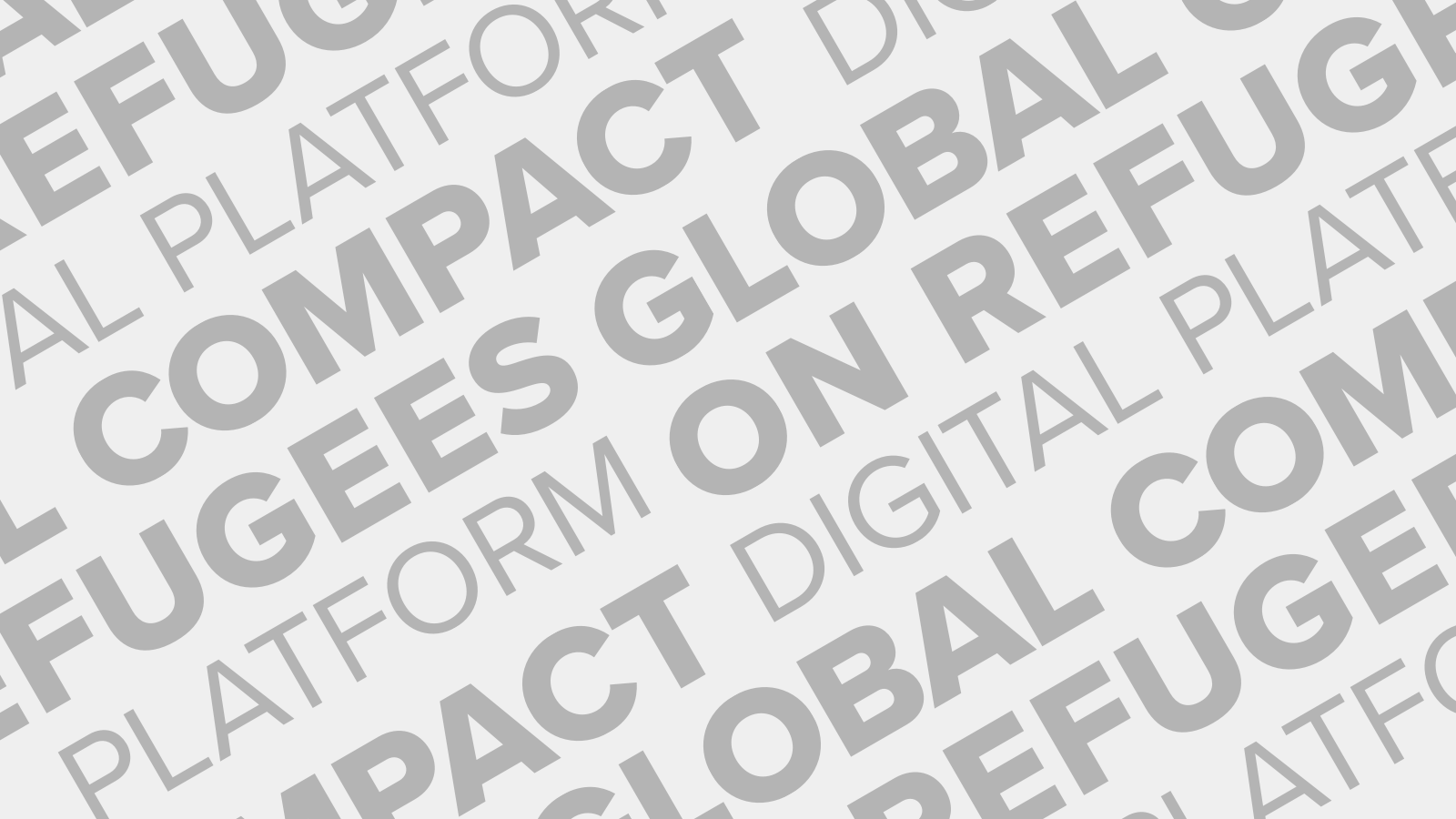
Syrian refugee selling soap supported by UNHCR-Plan International livelihoods program.
© Plan International
Contact details
Submitted by: Richard Sandison, Team Leader - Centre of Excelelnce: Adoloscent Girls in Crisis, Plan International
Email: [email protected]
Website: plan-international.org/
Introduction to the project
Country
Egypt
Duration
2016 - 2018
Description
The project centres on jobs and livelihoods as well as creating solutions by improving livelihoods and self-reliance of Syrian refugees and vulnerable Egyptian families. This is done through skill development to support entrepreneurship, the provision of start-up and business development capital, as well as follow-up support and case management. This supports the achievement of the GRF areas and objectives of the GCR by promoting self-reliance and eases pressures on host communities.
Support was more sustainable as it was relevant to livelihood needs of a precise target group. The project contributed to a higher enrolment of children of the target group in education and a decrease in negative coping mechanisms. The businesses started benefited both Syrians and Egyptians, employees and partners as well as family members.
Local implementing partners (NGOs) played a pivotal role in the success of the project. The trainings and support led to increased income/assets amongst the targeted group.
The project targeted 50% female and 50% male. It prioritized the youth population between 18 and 24 years old as well as those with protection concerns (SGBV survivors, families at risk, female headed households, families including a member of the household with a disability).
The targeted population of concern was Syrian refugees with a 20% quota of vulnerable Egyptian families. The project has proved sustainable:
- 64,32% of beneficiaries who received cash grants in 2016 or 2917 still have their business running
- 36% are growing or stable businesses
- 69% reported stable of slightly increasing profit.
The project was documented as a good practice and shared with other countries within Plan International.
Project aims
The project is designed to serve both vulnerable Syrian and Egyptian families in the more disadvantaged areas of Greater Cairo. Its main aim is to improve their socio-economic conditions.
Resources used
The project was funded by UNHCR and implemented by Plan International Egypt in 2016, 2017 and 2018.
Main activities of the Good Practice
• Selection of Persons of Concern (PoC) for training based on criteria (gender balance, youth, protection concerns).
• Start up support: Plan International Egypt (PIE) provides core skills, entrepreneurship training and cash grants for business start-up to POC. After completion of the training package, the POC will develop proposals for business start-ups.
• Vocational Training Hubs: Training with experienced trainers in selected vocations is provided to the POC in order to support them in improving their skills. By strengthening Vocational Training Hubs, they will continue to work after the project by offering relevant curricula to POCs at affordable fees.
• Business Development: The project engages with existing Syrian start-ups to assess their businesses and support their scale up by providing non-financial support services.
Partners
- UNHCR
- Syria Al Gad
- Life Makers Foundation (local NGO)
Challenges and how they were overcome
Challenges:
• When implementing self-employment programs with the Syrian refugee community, there is a need to focus on marketing and networking activities, as production quality is high, but access to the market remains a challenge.
• Tailored services for participants are needed to ensure responsiveness to individual differences within the Syrian refugee community. For example, delivery of the entrepreunship program would benefit from being able to offer operational components depending upon skill sets and needs. Some refugees clearly benefit from participating in the full structured program, while others require training and business plan development support but not seed funding, and others require only seed funding.
• Develop networks of micro-business owners to share their stories, challenges, ideas and business contacts.
How they were overcome:
• With the Syrian communities, women's peer support is one way to maintain resilience to the challenges they face while starting their new livelihood program.
Results of the Good Practice
• Impact through indirect benefits for employees and partners as well as their family members.
• Decrease in negative coping mechanisms, considerable decline in borrowing for basic needs and selling personal assets. Reduction of basic needs expenses, accepting illegal/exploitative work, and child labour was noted.
• Higher enrollment of children of target group in education, some beneficiaries were able to enroll their children in education as a result of joining the project and starting their own businesses
• 77.84% beneficiaries improved ability to meet basic needs either fully or partially.
• 74.79% reported an increase in their monthly income since starting their own businesses after joining the project.
• 64,32% of beneficiaries who received cash grants in 2016 or 2917 still have their business running.
• 36% are growing or stable businesses.
• 69% reported stable of slightly increasing profit.
How the project meets the GCR Objectives
Objective 1: Ease the pressures on host countries
Objective 2: Enhance refugee self-reliance
Next steps
In future, Plan International Egypt will ensure participants of livelihood projects have access to services such as health and education, to increase productivity. It is recommended to have a coach for the participants to focus on their income generation activities.
Areas that require support from other stakeholders for the project to continue or scale up: Multi-year funding to expand the project.


